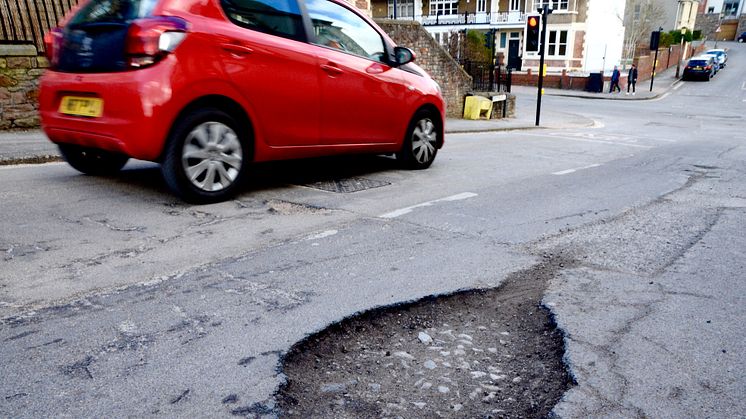News -
RAC on Budget 2017: "Current beleaguered owners of diesel cars can breathe a sigh of relief"
Reacting to the Chancellor's 2017 Budget, RAC head of external affairs Peter Williams said:
On fuel duty
“We welcome the news that the Chancellor will freeze duty again this year. He has listened to motorists and business owners who are struggling with higher prices at the pumps. Drivers already contribute more than £27bn a year to the Treasury from fuel duty receipts, and we’d have liked to see the Chancellor commit to no further rises this Parliament. Perhaps he should now consider doing away with the threat of the fuel duty escalator - that looms over private drivers and businesses before every annual Budget – for good.
“Since January 2016, a litre of petrol is an average of 18p more expensive, andthis is borne out with 61% of drivers telling us their expenditure on fuel has increased this year.
On the tax treatment of diesel vehicles
“The Chancellor has chosen to be relatively light touch when it comes to taxing new diesel cars. Any new diesel car registered from 1st April 2018 will be hit with a higher first year tax rate unless they conform to the latest real world driving standards. So current beleaguered owners of diesel cars can breathe a sigh of relief that they will not be punished further by the Treasury – but they will need to keep their eyes on local authorities who may be introducing clean air zones in the near future. The side effect of today’s announcement however might be that there is a risk therefore that it might encourage some to stay with their older diesel vehicles.
“His decision to increase the diesel surcharge on company car tax appears to be more about revenue-raising rather than using tax to encourage drivers to opt for a particular type of vehicle.
On electric vehicles
“We welcome the announcement of new funds for electric car charging infrastructure – one part of encouraging drivers into electric vehicles is giving them reassurance that they can make journeys without the fear of running out of power. Plans to extend the plug-in grant scheme to 2020 are also positive. This provides some incentive to drivers looking at purchasing an ultra-low emission vehicle. The combination of both of these approaches should nudge more drivers into cleaner vehicles, which is an important move in cleaning up our air.
On driverless cars
“Driverless cars are coming – there is no doubt about that, but more than a third of drivers we spoke to (39%) told us that they would rather see the Government invest in improving the UK’s existing road network. After all, a new generation of driverless cars will still depend on the roads we have today – which, in the case of local roads in particular, are plagued with potholes. A further 1 in 4 drivers would prefer to see public money spent on health or education.”


